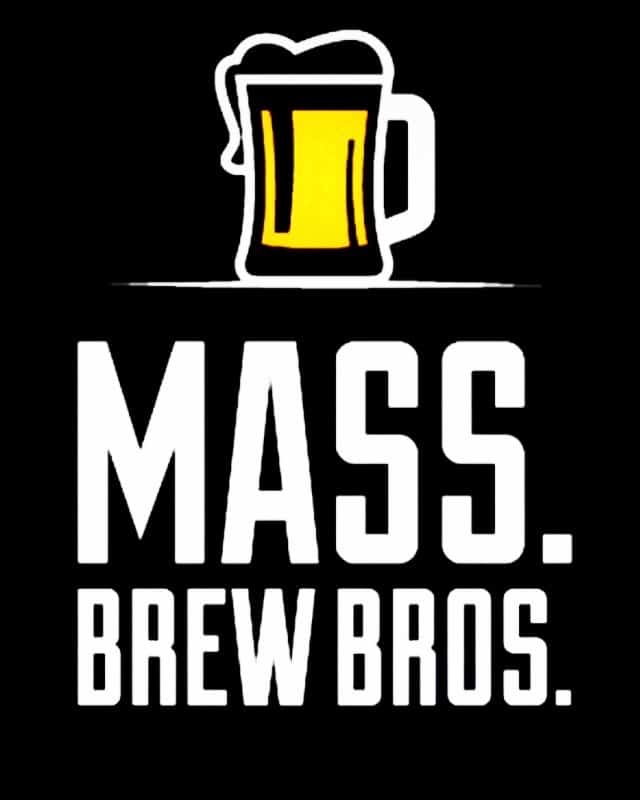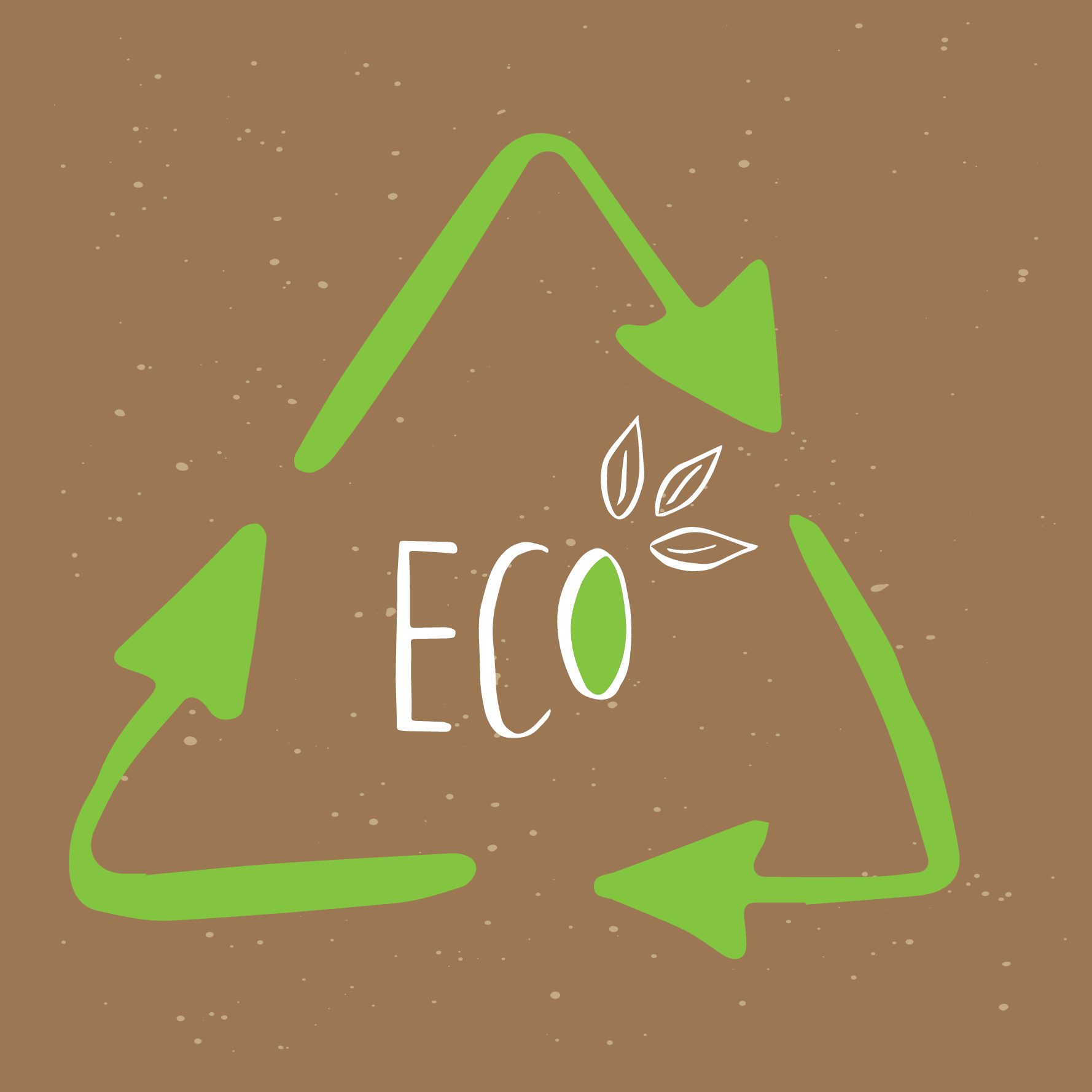Guest Post by Tim Porter
As a growing number of restaurants begin to take on more eco-friendly initiatives, consumers have caught on to the movement. Nowadays, most customers want to patron establishments that help the planet, not contribute to its downfall. In fact, a recent study has shown that more than two-thirds of young customers want their restaurants, bars, and taprooms to implement sustainable practices in the workplace. Better yet, they’re willing to pay more to make it happen. This same study found that restaurants produce over 11 million tons of wasted food each year. That’s not to mention issues with water conservation and compostable products that aren’t being put to better use.
If you’re the owner of a bar or taproom, here are some of the top ways you can cut back on wasted goods and start building a more sustainable business plan.
Prioritize Paper Products
Plastic use is incredibly common in restaurants, but it’s an even bigger problem in bars and taprooms. Between take-out products and plastic straws, many of these items aren’t recyclable to begin with. By prioritizing compostable paper products, like cardboard meal boxes and paper drinking straws, you can start helping the planet.
Bars, in particular, should also prioritize investing from eco-friendly providers. It’s common for beer companies to sell their goods in bulk. Unfortunately, these plastic bottles and 6-pack rings often cannot be recycled. By choosing to invest in eco-friendly suppliers, you can stop serving items that contribute to plastic waste from the source.
Craft breweries might also consider investing in products that reduce waste. For example, new companies have started creating 6-pack rings made from compostable materials. Whether you get these goods from a supplier or develop new ways of storing your goods in a sustainable way, these initiatives will speak to your customers and help your advertising campaign.
Rethink Your Spent Grain Procedure
All breweries struggle with one key waste product: spent grains. Once the nutrients and sugars are sucked from the grain, most breweries see this leftover product as a nuisance rather than an opportunity. As such, many breweries will simply toss them in the trash or send the grain off to be burned in a local furnace.
However, a growing number of breweries are devising ways to use this grain for good. Some breweries who partner with local farms will “craft” a deal: trading beef for spent grain. The spent grain is a great resource for farmers since cows and other animals can feed on these waste products.
Other farmers will compost the spent grain for fertilizers. But even if you don’t have a local farm to partner with, many towns and cities have composting programs designed to reduce the burden of organic waste.
Some breweries that serve food can even implement this spent grain on their menu. Mixing these grains with other ingredients can yield countless products. Many breweries have found success offering snacks like power bars, muffins, and even savory cakes. Advertising these products with sustainability in mind can help them sell out even faster.
Spent grain can be hard to deal with, but looking into innovative eco-friendly alternatives can help your taproom or brewery become more environmentally-friendly.
Combat Your Cleaning Chemicals
One of the most important aspects of running a brewery or taproom is keeping your equipment clean. After all, the moist, warm environment where beer is brewed is the ideal location for bacteria to grow and ruin your product. Instead of opting for harsh chemicals, like bleach, a growing number of breweries are buying biologically-safe cleaners and detergents. Not only are these options safer for the environment, but they also reduce the risk of injuring or impacting your guests’ health.
Luckily, new products are being introduced every day. For example, NicheSolutions recently came out with an enzyme-based powdered detergent solution that’s less caustic than other options on the market. It’s also ideal for working through hard-to-clean organic matter left behind following beer production.
Just be sure to scrub gently and soak any products that are hard to clean. Scratching your brew kettles and other equipment yields more crevices for bacteria to grow, putting your consumers’ health at risk.
These are just some of the ways you can develop a more environmentally-friendly brewery and taproom. While sustainability might seem out of reach, starting with these simple tips can put you on the track to success. Best of all? Your consumers will love the change. ![]()
Related: These New England Breweries Are Replacing Plastic Can Carriers With Eco Friendly Ones



